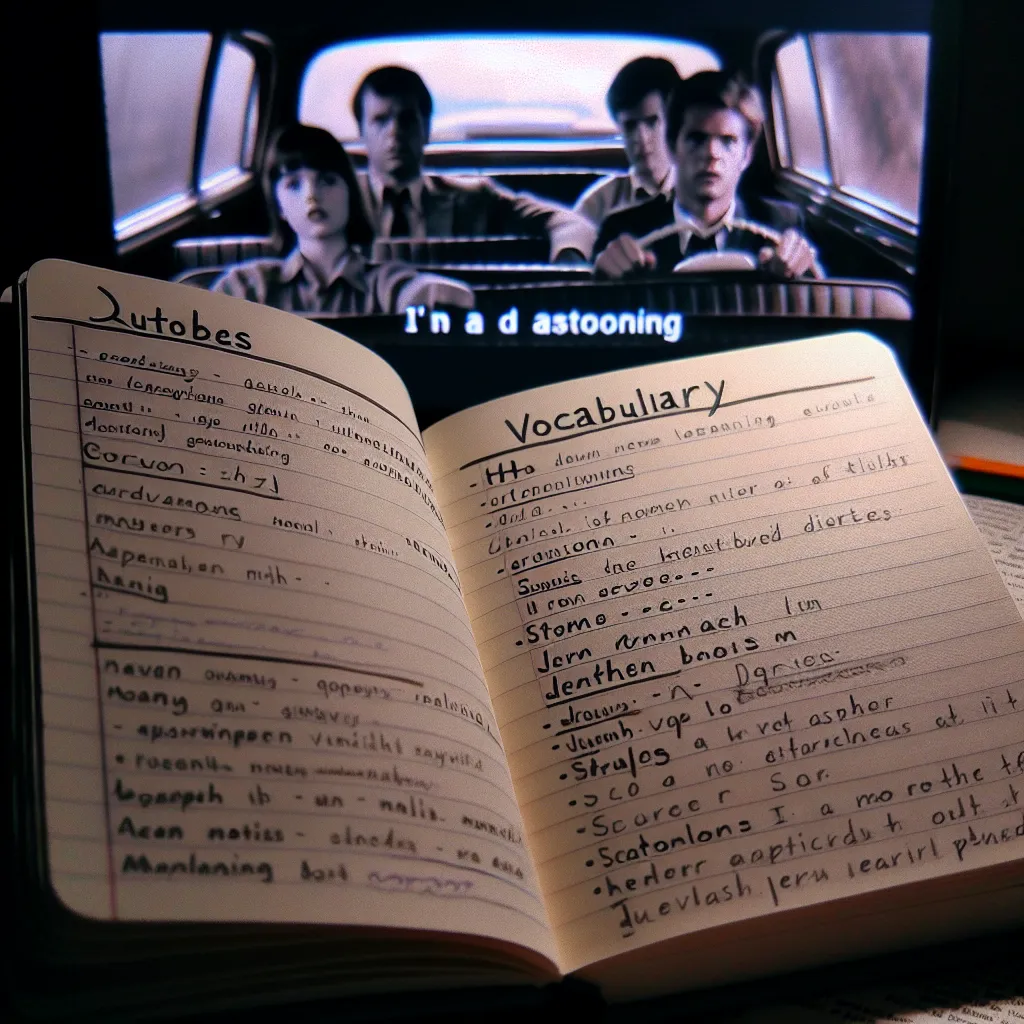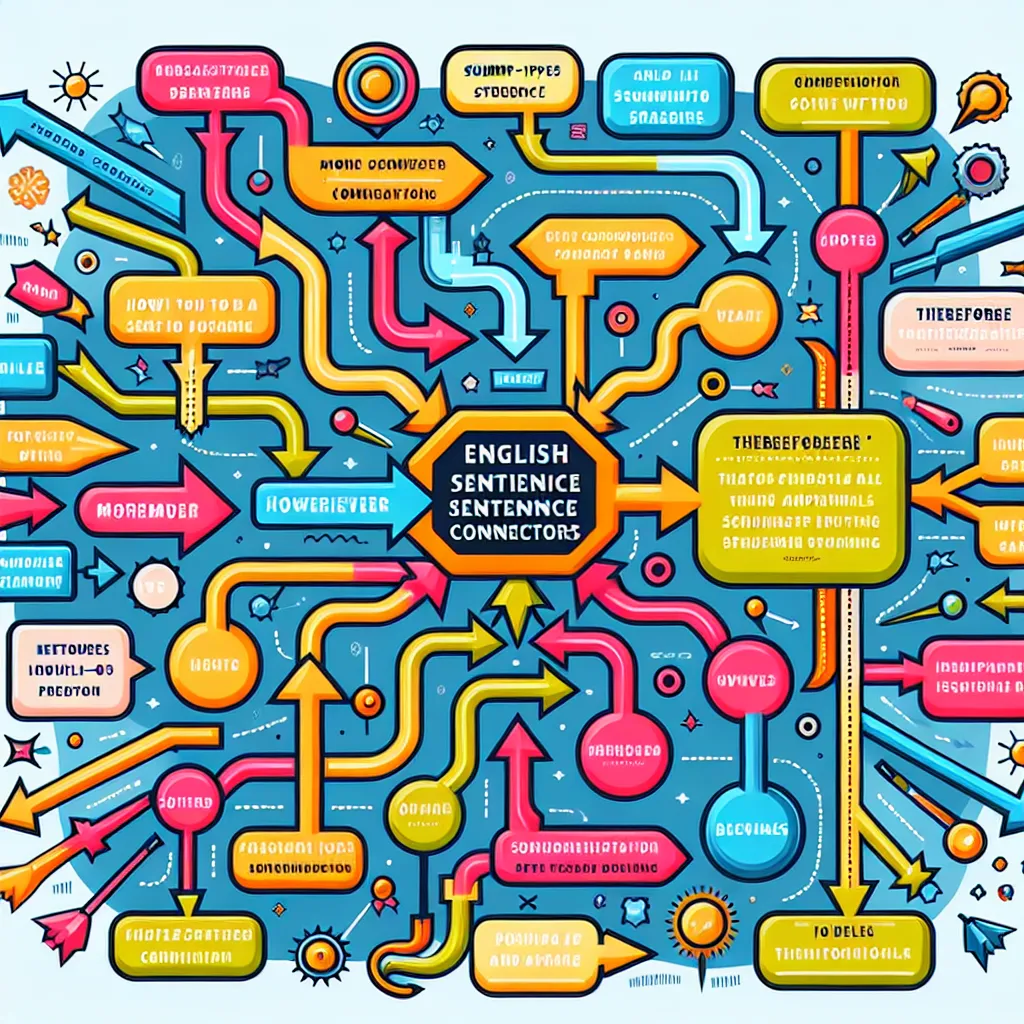Are you looking for an engaging and effective way to improve your English language skills? Look no further than English movies! Using films for language analysis is not only entertaining but also a powerful tool for enhancing your vocabulary, grammar, and overall language proficiency. In this comprehensive guide, we’ll explore how to make the most of English movies for language learning and analysis.
Why Use English Movies for Language Analysis?
English movies offer a unique opportunity to immerse yourself in authentic language use. Unlike textbooks or scripted dialogues, films present real-world conversations, idiomatic expressions, and cultural contexts that are essential for mastering the English language.
 English movie analysis
English movie analysis
Benefits of Using Movies for Language Learning
- Exposure to natural speech patterns and accents
- Context-based vocabulary acquisition
- Improved listening comprehension
- Enhanced cultural understanding
- Increased motivation and engagement in learning
Selecting the Right Movies for Language Analysis
Choosing appropriate movies is crucial for effective language learning. Consider the following factors when selecting films:
1. Language Level
Select movies that match your current English proficiency. Beginners should start with simpler films, while advanced learners can challenge themselves with more complex dialogues.
2. Genre and Interest
Choose movies that align with your interests to maintain motivation. Whether you prefer comedies, dramas, or documentaries, there’s a film for every taste.
3. Subtitle Options
Look for movies with English subtitles to support your learning. Subtitles can help you connect spoken words with their written form.
4. Cultural Relevance
Select films that offer insights into English-speaking cultures to enhance your overall language understanding.
Techniques for Analyzing Language in Movies
Now that you’ve chosen your movie, let’s explore some effective techniques for language analysis:
1. Active Listening
Focus on the dialogue and try to understand the context without relying solely on subtitles. Pay attention to intonation, stress, and pronunciation.
2. Vocabulary Mining
 Movie vocabulary notebook
Movie vocabulary notebook
Keep a notebook handy to jot down new words or phrases. Pause the movie to look up definitions and make notes on usage.
3. Shadowing
Repeat lines after the characters to improve your pronunciation and intonation. This technique helps you mimic native speech patterns.
4. Scene Analysis
Choose a short scene and analyze it in depth. Transcribe the dialogue, study the grammar structures, and identify idiomatic expressions.
5. Cultural Observation
Pay attention to non-verbal communication, cultural references, and social interactions to gain a deeper understanding of the language in context.
Practical Steps for Movie-Based Language Analysis
Follow these steps to maximize your learning from English movies:
- Watch the movie with English subtitles first.
- Re-watch without subtitles to challenge your listening skills.
- Choose specific scenes for in-depth analysis.
- Transcribe dialogues from these scenes.
- Identify and study new vocabulary and expressions.
- Practice speaking by repeating lines and mimicking accents.
- Discuss the movie with other learners or native speakers to practice your speaking skills.
Common Pitfalls to Avoid
While using movies for language analysis is highly effective, be aware of these potential issues:
- Relying too heavily on subtitles
- Choosing movies that are too difficult for your level
- Focusing only on entertainment and not on learning
- Neglecting to review and practice new language elements
Enhancing Your Movie-Based Learning
To take your language analysis to the next level, consider these additional strategies:
1. Join Online Discussion Forums
Participate in movie discussion groups to practice your writing and interact with other English learners.
2. Create Movie-Inspired Writing Exercises
Write movie reviews, alternate endings, or character analyses to practice your writing skills.
3. Use Movie Clips in Conversation Practice
Incorporate famous movie quotes or scenarios into your everyday English conversations.
 Movie discussion group
Movie discussion group
4. Explore Movie-Based Language Learning Apps
Utilize apps designed for language learning through movies, which often include interactive exercises and quizzes.
Conclusion
Using English movies for language analysis is an enjoyable and effective way to improve your language skills. By selecting appropriate films, employing active learning techniques, and avoiding common pitfalls, you can significantly enhance your vocabulary, listening comprehension, and cultural understanding. Remember, consistent practice and a willingness to engage with the material are key to success. So grab some popcorn, press play, and embark on your cinematic language learning journey!
We’d love to hear about your experiences using movies for language analysis. Share your favorite films for learning English or any tips you’ve discovered in the comments below. Happy watching and learning!




